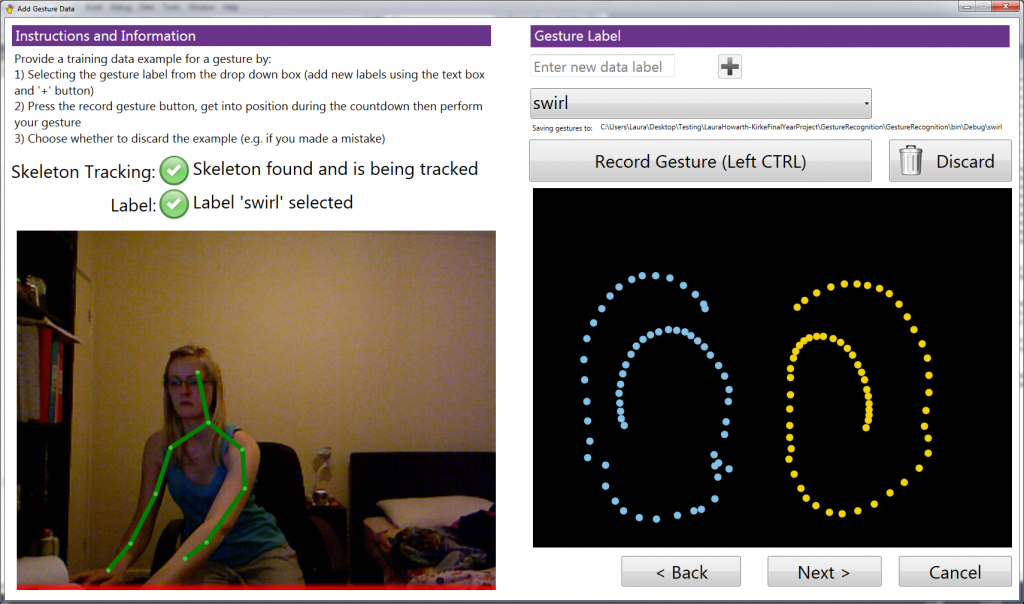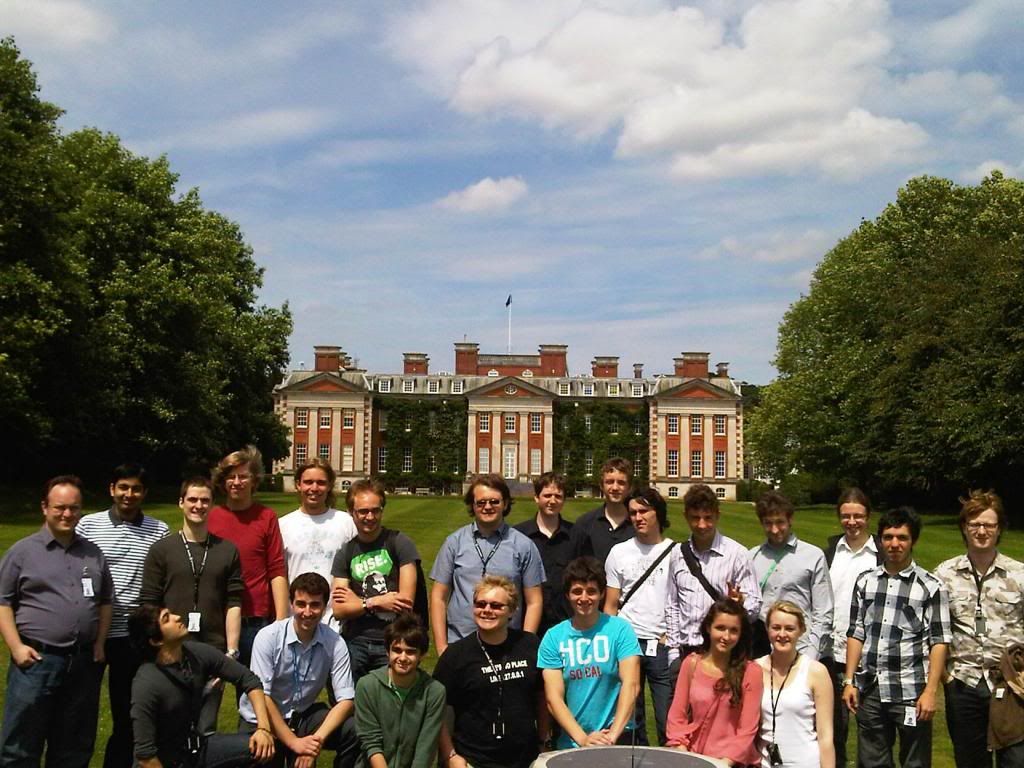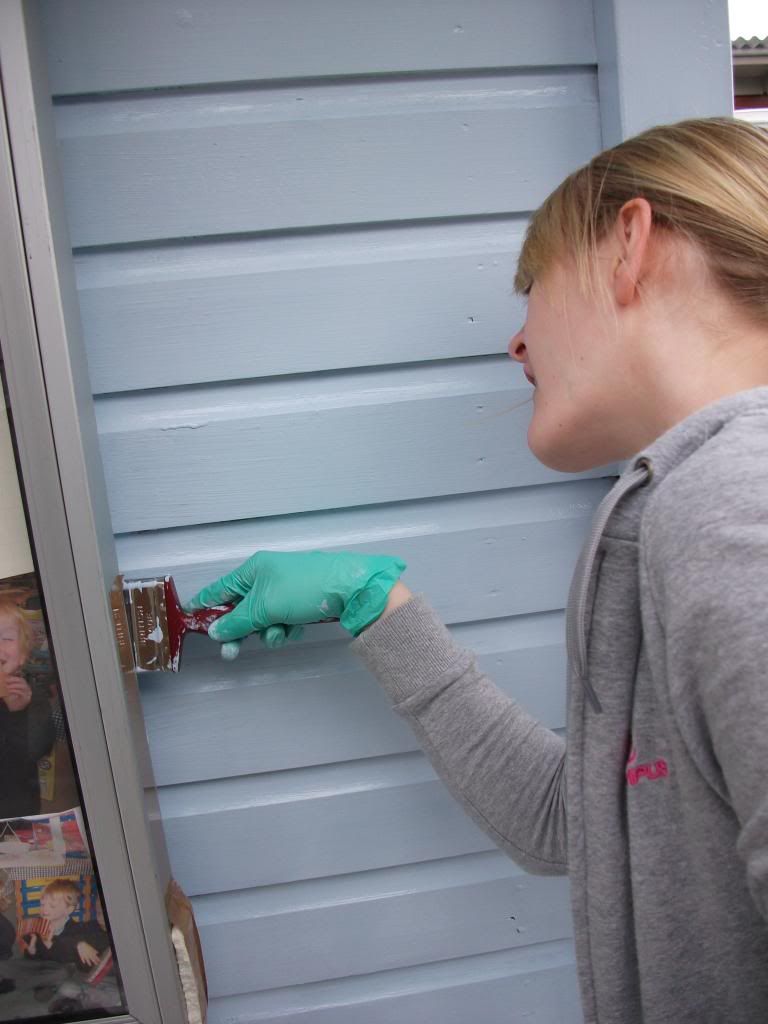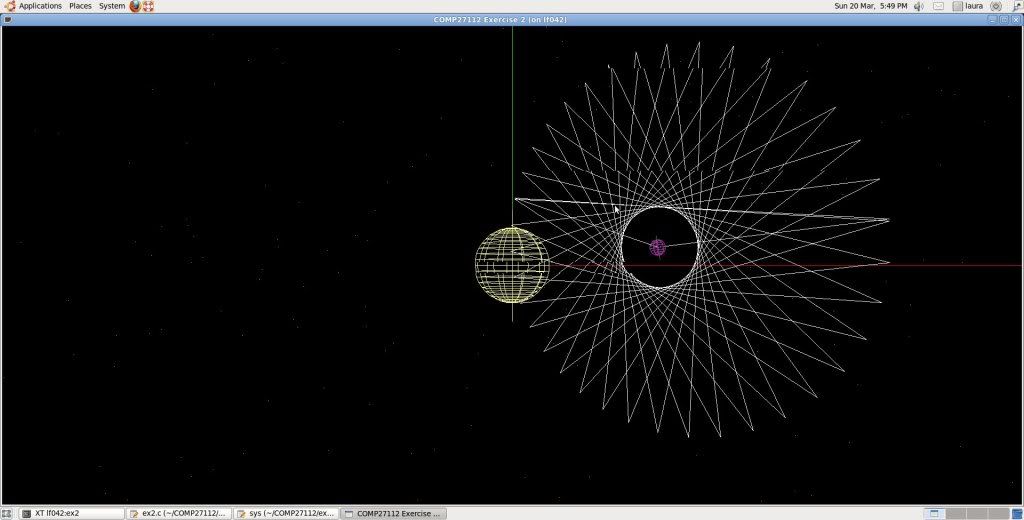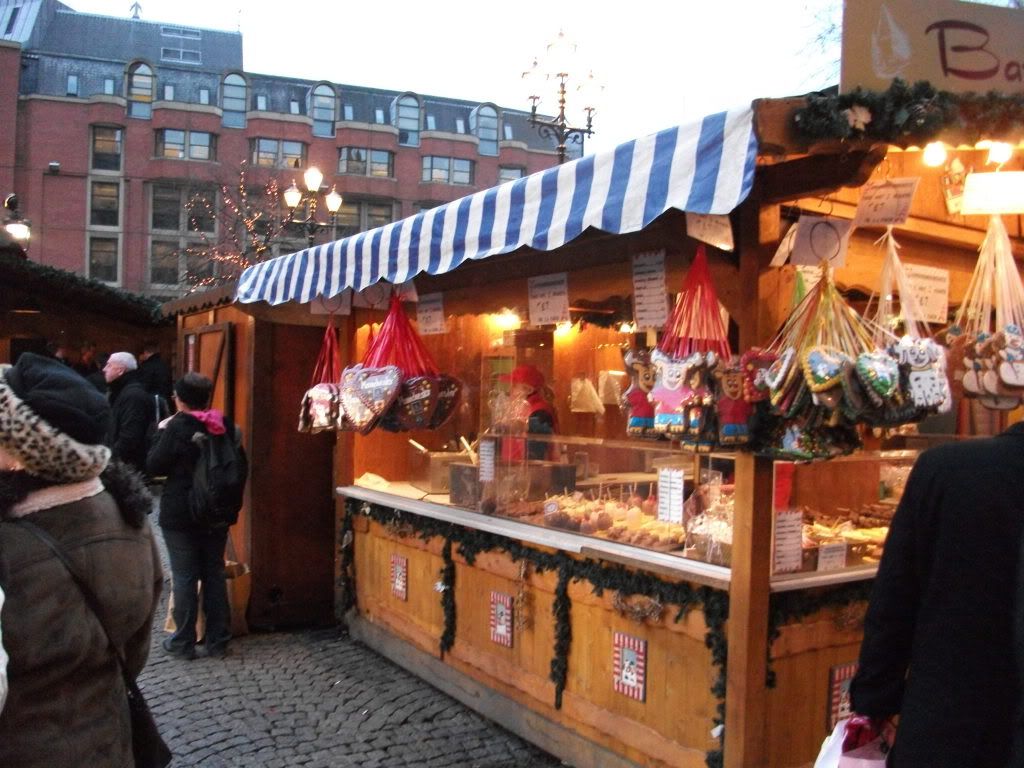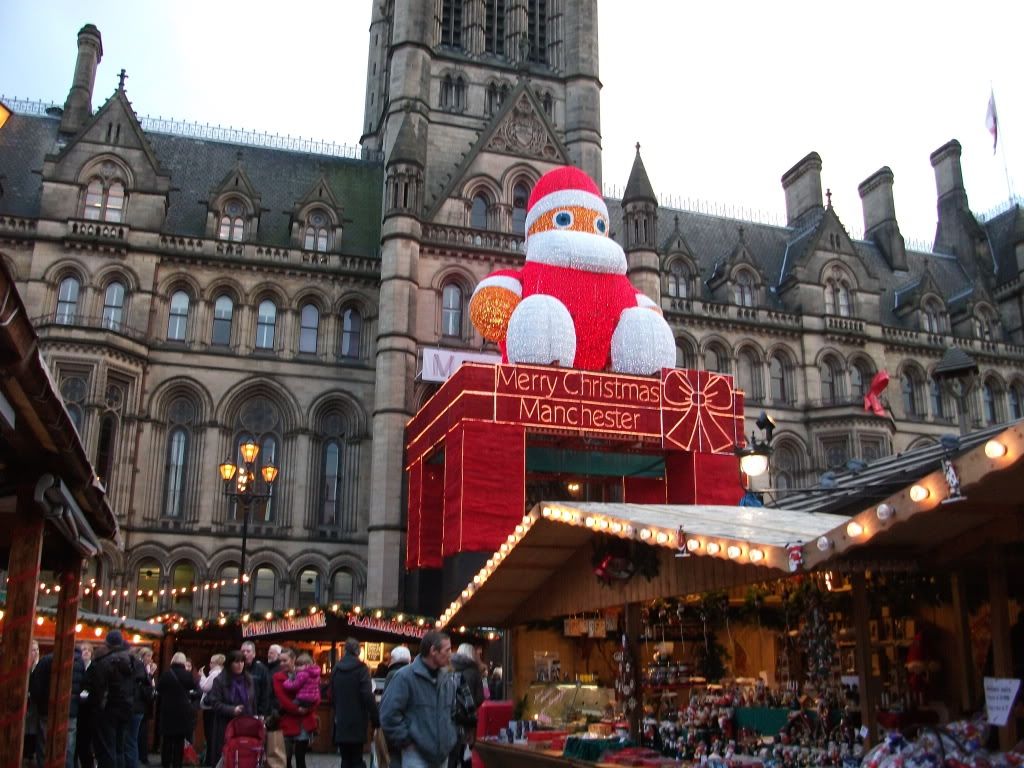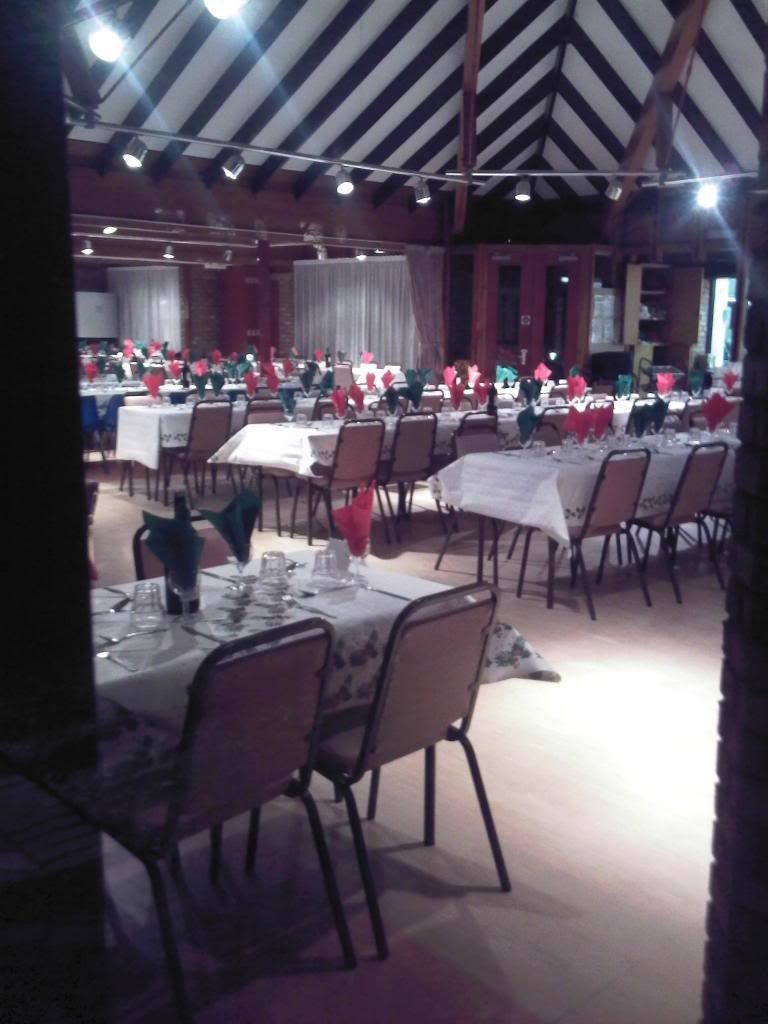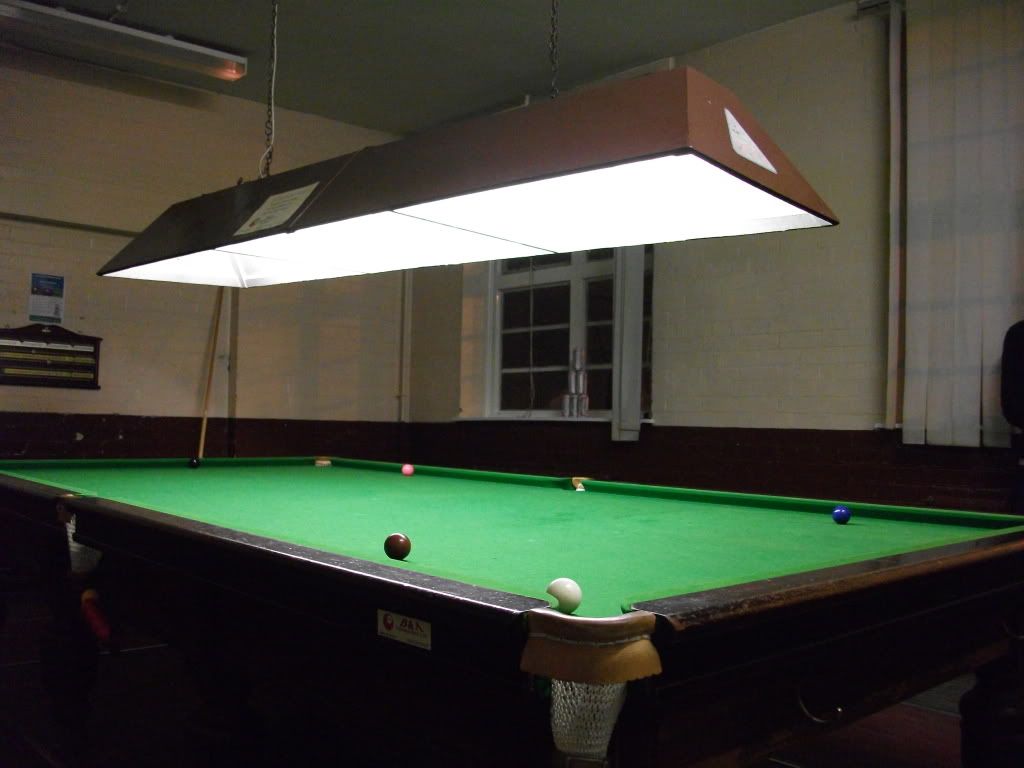It really is the end. I’ve graduated and am officially not a student!
 Graduation day was crazy busy. First thing was to pick up the robe and mortar board from Manchester Academy. There were lots of photo booths, open all day, in case you wanted to purchase professional photographs. It was a scorching day – quite unusual for Manchester! – and unfortunately we had to wear the robe all day. However, apparently last year it was pouring with rain, so this was much preferred. With friends and family, we went to the party at Computer Science to have a chat alongside a buffet. It was nice for lectures to meet our parents and vice versa. After about an hour we were ushered outside to have the awards ceremony. I won 2 awards! The first was the Williams/Kilburn Medal for an Outstanding Final Year Student. I got a certificate, a silver gilt medal and my name engraved on a board inside the department. It means a lot to get this prize because I really have worked hard throughout uni and my name will be up there forever. I also won a prize for the Best Third Year Undergraduate Project receiving a certificate and a cheque for £100. Some others and I were then filmed answering questions about uni.
Graduation day was crazy busy. First thing was to pick up the robe and mortar board from Manchester Academy. There were lots of photo booths, open all day, in case you wanted to purchase professional photographs. It was a scorching day – quite unusual for Manchester! – and unfortunately we had to wear the robe all day. However, apparently last year it was pouring with rain, so this was much preferred. With friends and family, we went to the party at Computer Science to have a chat alongside a buffet. It was nice for lectures to meet our parents and vice versa. After about an hour we were ushered outside to have the awards ceremony. I won 2 awards! The first was the Williams/Kilburn Medal for an Outstanding Final Year Student. I got a certificate, a silver gilt medal and my name engraved on a board inside the department. It means a lot to get this prize because I really have worked hard throughout uni and my name will be up there forever. I also won a prize for the Best Third Year Undergraduate Project receiving a certificate and a cheque for £100. Some others and I were then filmed answering questions about uni.


From there, everyone moved over to Whitworth Hall for the actual graduation ceremony. We were called up individually on stage to get our degree certificate. As I was walking off stage, it was announced that I would receive the Outstanding Academic Achievement Award, a University wide award for being in the top 0.5% of undergraduates graduating this year. I got a certificate in a lovely purple tube and a cheque for £1000!! It was quite an extraordinary day! Then everyone gathered outside in the Whitworth Hall courtyard to throw our hats in the air and say our goodbyes.

I also got nominated for the Eurpoe-wide SET (Science, Engineering and Technology) Awards for final year projects. I recently had to write a 2000 word report similar to my final year project report. I recorded some videos to go along with the application. I created a program that overlays the user’s skeleton, a program that learns and recognises poses and a program that learns and recognises gestures in a TV scenario and manipulating a sphere scenario. I won’t know the result until September, but fingers crossed.
There’s not much more to say about my time at The University of Manchester. I’ve made some great friends, got a fantastic degree and will be soon be starting my careers at the BBC in the job I wanted. Who knows, I might become a manager one day or I might be back at uni in a few years to do a PhD and go on to be a lecturer, teaching students like me. But Manchester has prepared me so well for anything I want to do. I really couldn’t have wished for a better degree course. I have enjoyed every tired, stressful, rewarding, social and fun minute of it. Like I said in my last post, I won’t be posting here anymore but you can always contact me through my personal blog.
Bye 🙂
